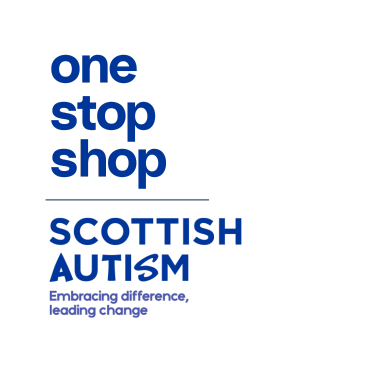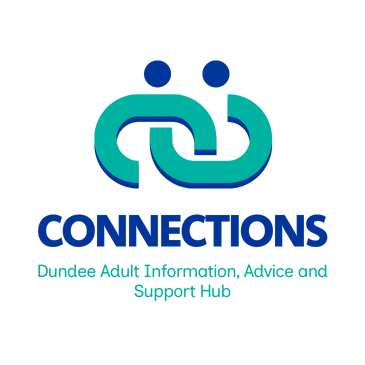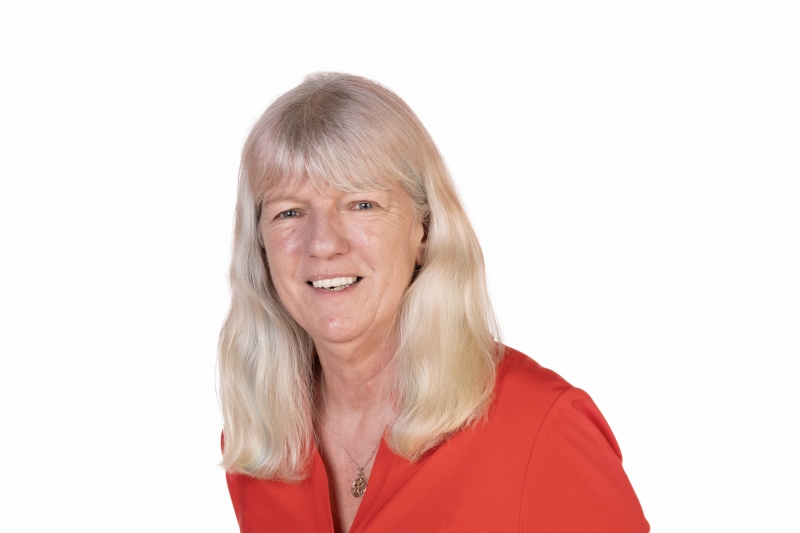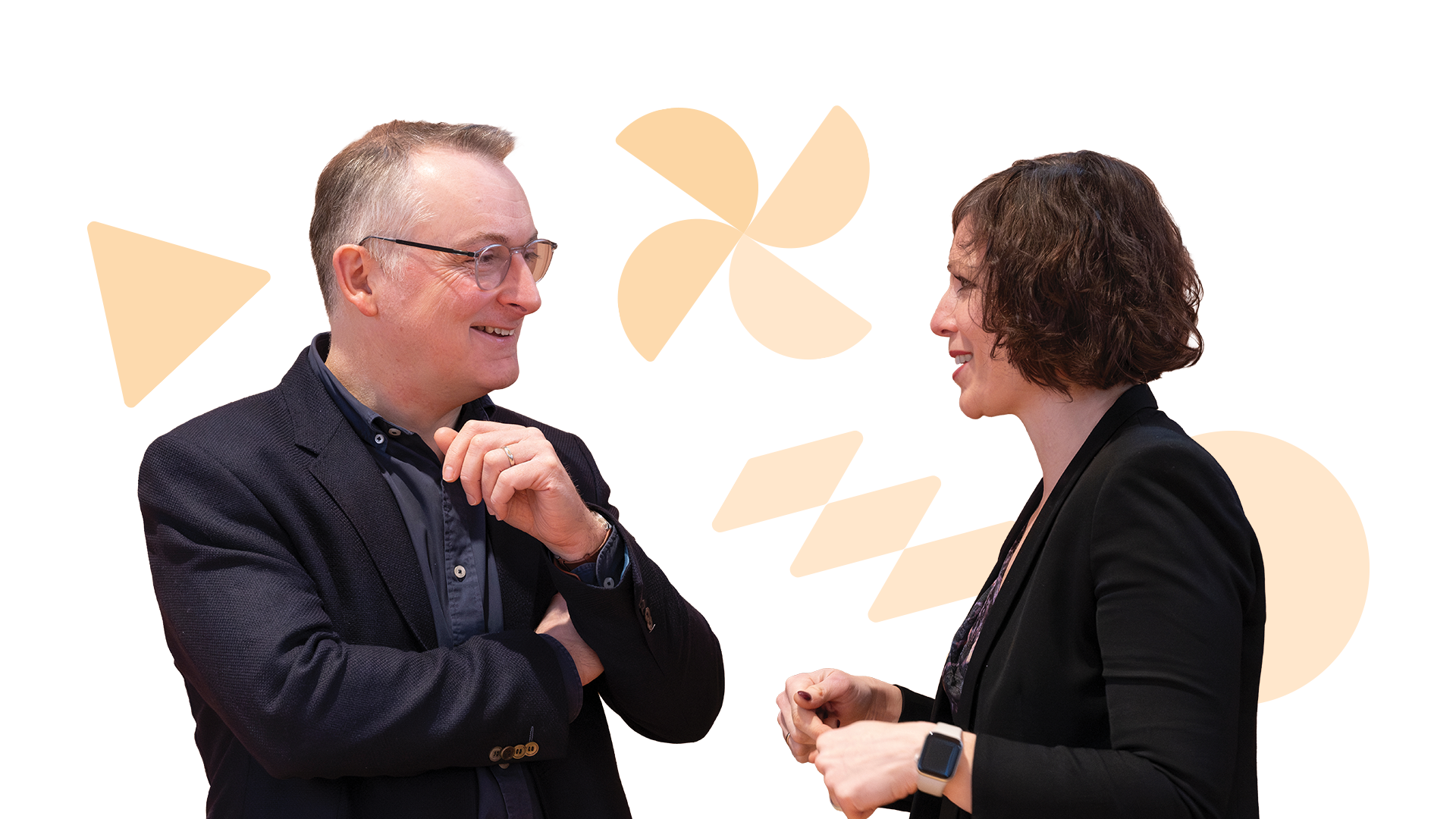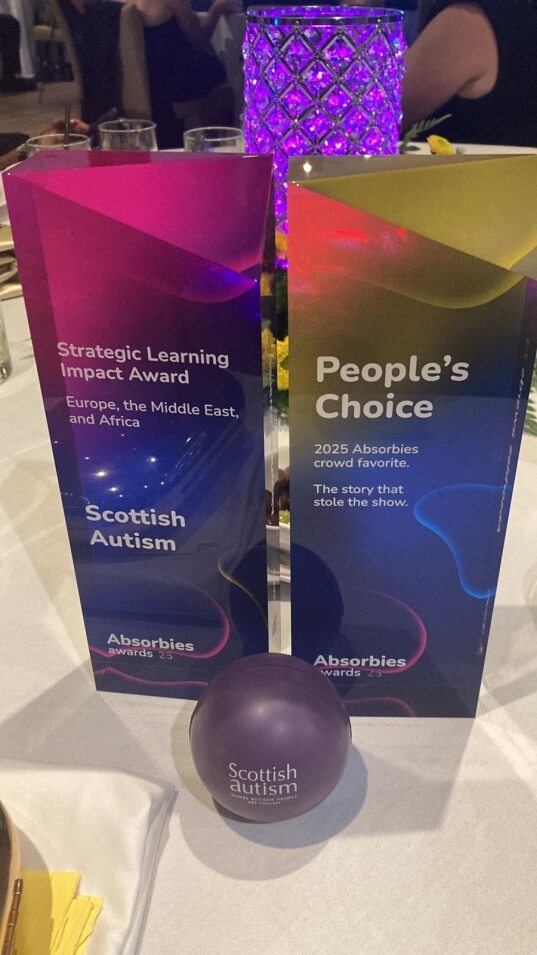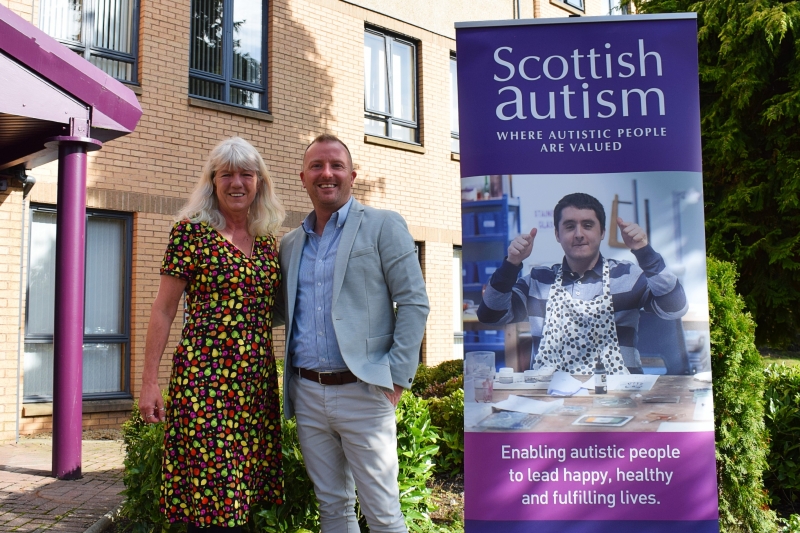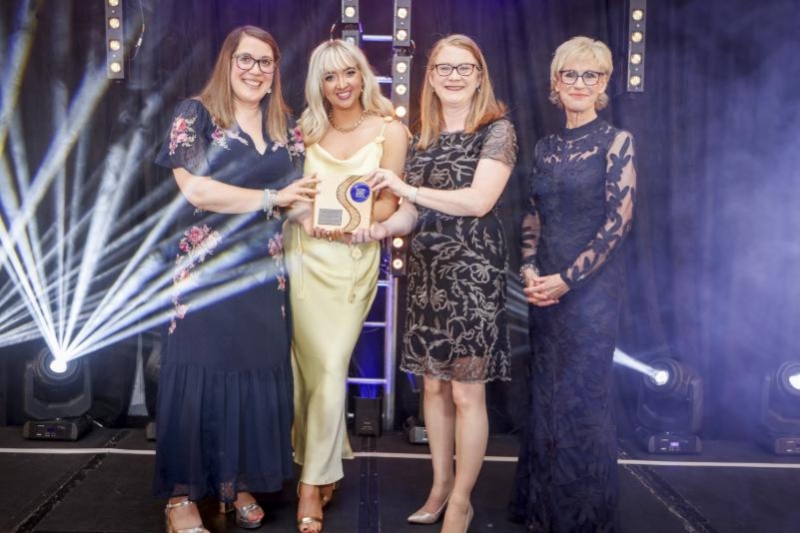News
Find out the latest news about Scottish Autism here. Let’s work for change and celebrate the wins together.
We want to keep everyone informed and updated on what we are doing. Check out our news articles and blogs below.
Sort by:
